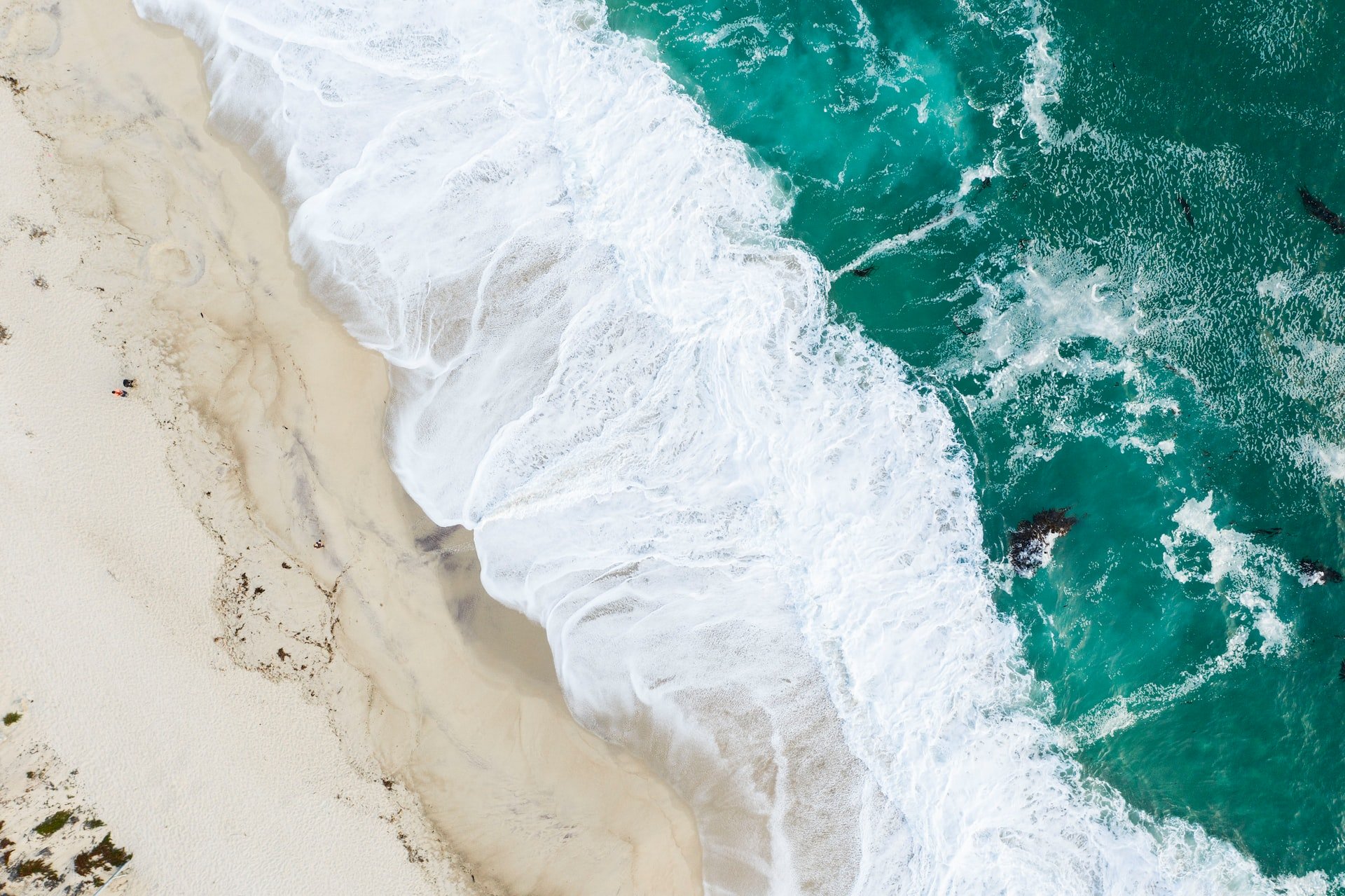Finding Healing Beyond Racism and Discrimination

It’s not okay to be made to feel less because of who you are. Identity-based trauma is a painful reality many in the BIPOC community know too well. And it’s the same for those of us whose gender, sexuality, religion, or abilities don’t fit the narrow ideas of what’s “normal.” I’ve felt this myself, more times than I can count as an East Asian POC.
Rejection. Exclusion. Being treated like less than human. These wounds leave marks. Shame that settles deep, shaping how we see ourselves and how we move through the world.
In Western individualistic cultures, there’s often an unspoken expectation to deal with this pain alone. But healing doesn’t happen in isolation. Connection matters. So does reclaiming our voice, our worth, and our agency.
Acknowledging Oppression
If you’ve faced racism or insidious forms of being pushed to the margins of society, then you know how deeply hurtful it is to be dehumanized and othered. Our exhaustion, grief and rage is a deeply valid response to social injustice.
Let’s name what’s real. Racism and discrimination work to distort how we’re seen and come to see ourselves. It’s a form of erasure, stripping away humanity in order to disempower. But our identities were never theirs to define. We are layered. Expansive. So much more than the boxes we’re told to fit into.
Reclaiming Your Agency
Agency can take many forms. It might look like journaling what’s been hard to say out loud, opening up to someone you trust, or finding creative ways to tell the truth in a way that feels like yours. Reclaiming your story doesn’t happen all at once. It takes courage to face the wounds left by systems that were never built for our wholeness.
But every small act of expression, every time you speak, write, create, or simply feel what’s true, is a quiet return to yourself. Bit by bit, you begin to rewrite the story.
Not with someone else’s version of you, but with your own voice at the centre.
Finding Community
While racism can be isolating, know you deserve to navigate this with an affirming community. Surrounding yourself with people who validate your experiences can tap into the power of collective healing and solidarity.
This could be family and friends who “get it” or joining spaces where others with shared experiences gather and connect. These communities whether can be a reminder that you’re not alone and others are navigating these shared struggles.

Self Care is an Act of Resistance
In a world that so often diminishes our worth, tending to your mental, emotional, and physical well-being is essential
Therapy. Mindfulness. Joy. Rest. These aren’t indulgences. They’re quiet acts of resistance. Each one says I matter. My well-being matters.
Caring for yourself is one way to push back against systems that prize perfection over humanity. When you set a boundary, when you pause to listen to what you need, you begin to unlearn the noise. And in doing so, you make space, not just for yourself, but for others to do the same.
Rewriting the Narrative
Racism and discrimination are unfair and deeply wounding. We all deserve to heal, to belong, to simply be. Too often, the stories we carry aren’t truly ours. They come from pain, from voices that tried to define us without care.
But healing is possible. Reclaiming your voice and your sense of agency is a way to loosen those old stories’ grip. To remind yourself that you are enough and you are whole.
If you’re feeling the pull to start healing on your own terms, you’re welcome to book a free consult. We’ll explore what it might be like to untangle what’s weighed on you, and begin building a steadier sense of who you are. One that feels more like you.
In solidarity,
Rachel


